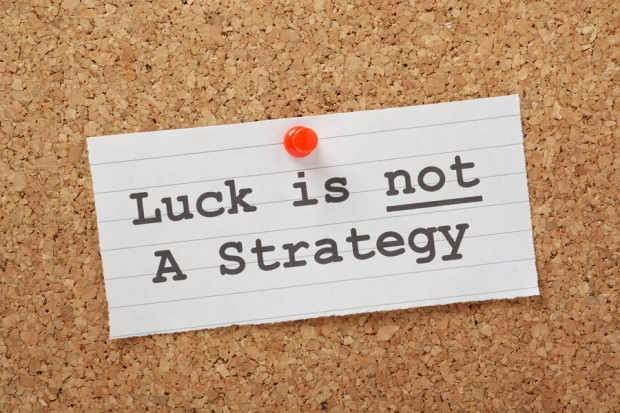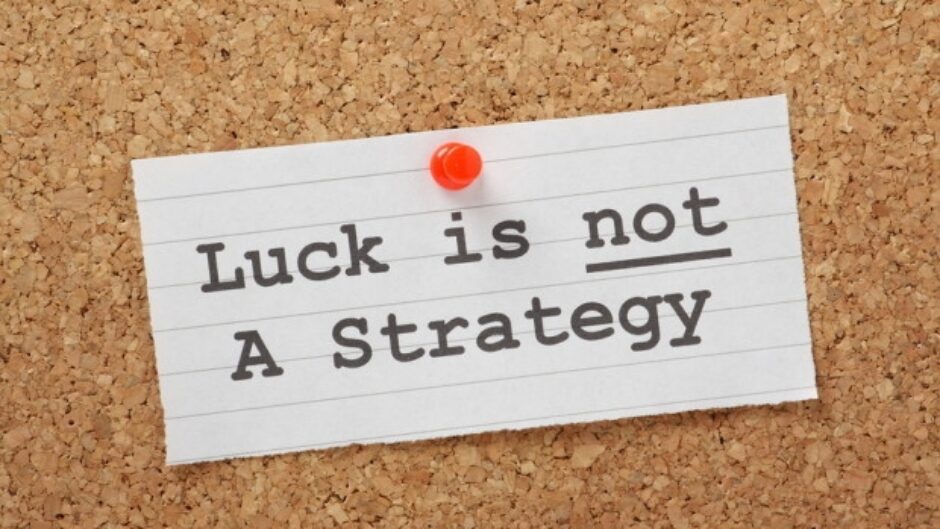
I come across the ‘get rich quick’ schemes all the time — they don’t work. Trust me. Contrary to popular opinion, that prince in Africa hasn’t sent someone else their billions of dollars to temporarily hold on to. Get rich quick doesn’t work in fundraising either. Especially, if you are more interested in the long-term relationship than the transactional one. That being said, in my 25 years of fundraising, there are some ‘ah-ha’ moments (or fundraising strategies) that I have experienced and I thought that perhaps the audience may be interested in as well. Please note that I work in Canada, so some of these are fairly Canadian in perspective, but you may have equivalents in your home country.
- For those that still write cheques to your organization, there is a bunch of neat information on that cheque. Firstly, the donor is likely to be 50+ years old (when was the last time a millennial wrote a cheque?)
- Secondly, look at the financial institution. Does it just say ‘Scotiabank’ or maybe are there are extra words like ‘Scotia Private Client’? In Canada, most financial institutions have an exclusive Private Client service, reserved for clients that have $500,000+ in liquidity (primary residences don’t count). What a great place to look for major gifts!
- Information on donors is key — the more you know about them (interests, circles of friends, etc.) the more you can gather like-minded people to help you achieve your goal. Even a common postal code/zip code is a good place to start.
- A donor who has been a monthly contributor (even $5/month) is markedly more likely to leave your organization a bequest than is a donor who gives a one-time gift of $50,000. Commitment to your cause is the number one driver of philanthropic support.
- Boards are rarely recruited with the idea that they will ask others to donate (some are even recruited under the auspices of not having to donate themselves). It is what it is. You cannot change the past and you have likely inherited this type of board. Most boards focus on governance. The job of the fundraiser is to involve the board in fundraising. They don’t need to do the asking necessarily, but they do need to be involved in the process (whether it is tours, thank you calls, prospect identification, etc.)
- Fundraising has been around for decades and few people truly understand it. It is not some magic that happens in a back room. It is based on relationships and trust and is a profession that allows the donor to fulfill their goals in life. Money is a tool, not the end result. That being said, there are no shortages of proposed lay experts who will tell you how to fundraise.
- For every bequest your organization knows that they will receive, there are likely 3 to 5 times as many that you don’t know of yet. Remember that a bequest is a totally revocable gift and just reinforces the adage “Love thy neighbor as thyself”. Treat everyone well.
- Good fundraisers are not tied to the office. It is very hard to raise money from a desk, but it is easier than investing sweat equity in a relationship. If you are spending more than 50% of your time in the transactional world, I would ask you if you are truly happy in this profession? What is your motivation? For me, my adrenaline pumps every time I meet with a donor. Not only do I usually get some good coffee (not necessarily attributable to the heart pumping thing), but I inevitably learn something about the donor that I didn’t previously know.
- People genuinely want to do good. If you look for a reason that Mrs. X will not support your organization, I guarantee that you will find many. Every time. Our task is to find the part of our organization that resonates with Mrs. X. Inspire the heck out of her! This is one of the most important fundraising strategies.
- My last point in my mantra — manage expectations. Rome wasn’t built in a day. I often compare building community like driving a Mack truck — it takes a long time to turn directions. Many involved in our organizations come from the small business world where they think of the organization more as a sports car (able to turn on a dime) than a Mack truck. That thinking will frustrate many.
There you have ten fundraising strategies that you might not have thought of. All the things that make you go ‘hmmmmmmmmmmmmmmmm’.
As I have mentioned in previous posts, I am happy to consider future topics that you may want me to write about.
Until next week,
L’chaim
jack



